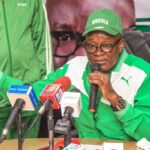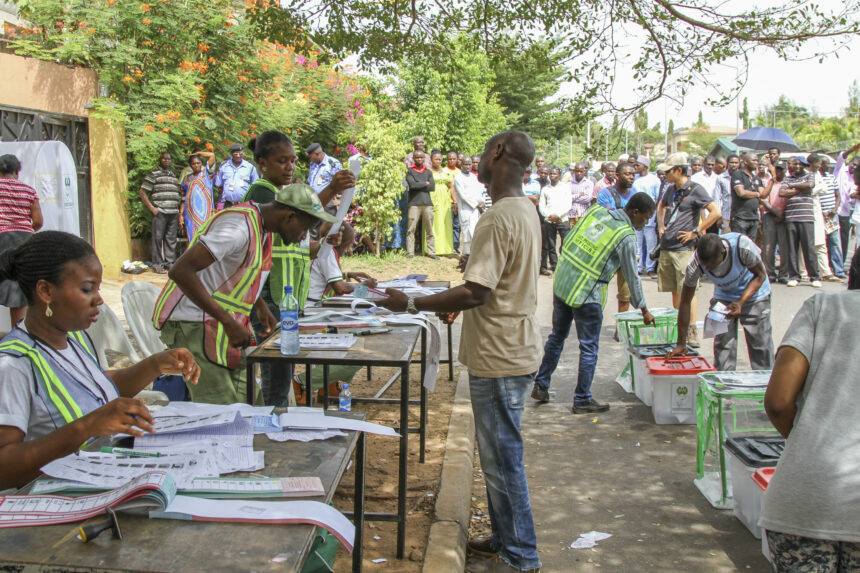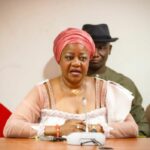The 2023 general elections in Nigeria lacked electoral integrity and failed to deepen democracy as expected.
Electoral officials and politicians failed to learn from previous experiences, which reared its ugly head again.
Experts say addressing Nigeria’s electoral challenges require a concerted effort to promote political education, civic engagement, and strong institutions that promote transparency, fairness, and accountability.
The critical challenges during the 2023 general elections are:
1). Vote buying:
Although many Nigerians find vote buying objectionable and say they will not sell their votes, the practice remains prevalent nationwide. The 2023 elections witnessed voters being approached with money and gifts to influence their votes; many collected them and voted against their conscience.
2). Weak electoral laws on political financing
The current legal framework on political financing in Nigeria has significant loopholes that make it challenging to address non-compliance by political parties. While the law requires candidates to disclose their campaign contributions and expenditures, this provision is rarely enforced, and candidates can still raise and spend large sums of money without being held accountable.
3). Political pathy
The lack of trust in the electoral system has triggered massive voter apathy in Nigeria. President-elect Bola Ahmed Tinubu garnered 37 percent of the votes to win the presidential election in a country with almost 100 million registered voters. The continuous subversion of democracy in Nigeria through violent means kept voters away from polling booths.
4). Lack of issue-based campaigns
Politicians failed to raise specific issues even though they claimed their campaigns were issue-based. Most of them continued to prioritise mobilising ethno-religious sentiments over discussing policy positions, potentially hindering the development of a genuinely issues-based campaign culture.










